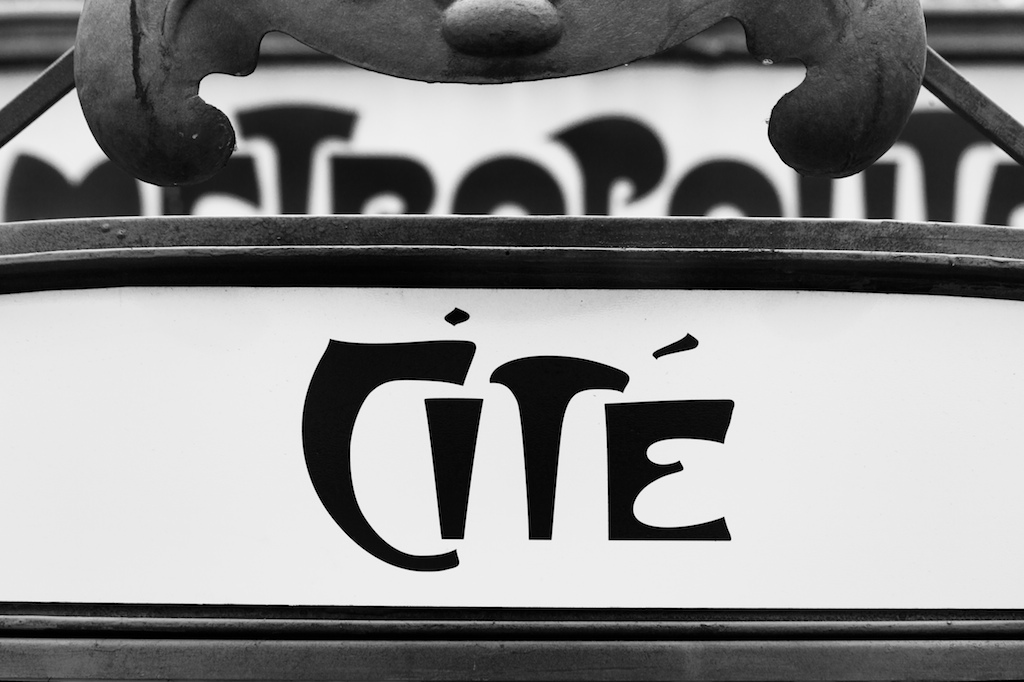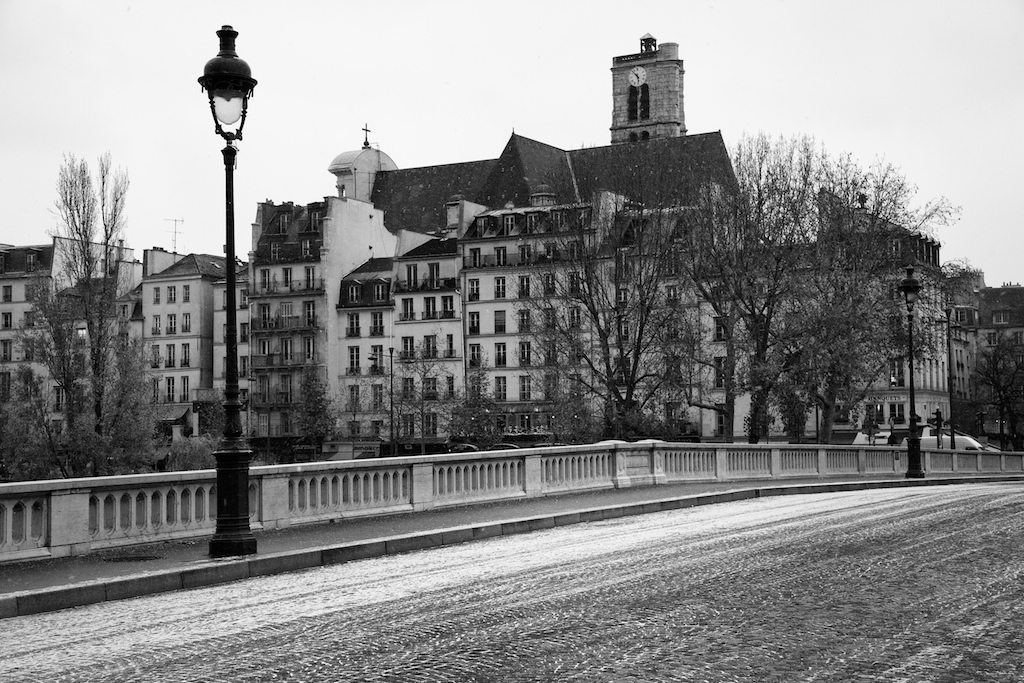More than a week ago I stopped writing this diary, wondering if I had reached a turning point in my external life. Nothing has happened yet…
 Photography print available at Found View Gallery.
Photography print available at Found View Gallery.
More than a week ago I stopped writing this diary, wondering if I had reached a turning point in my external life. Nothing has happened yet. I carry on sleeping at Andrée’s, and the parents sleep at the Loiselet’s. Every evening we are on the point of leaving, a question hangs in the air; uselessly, because we have already gone over things and are past reopening the discussion. We know that no one can aspire to being absolutely right, and we have no right to go against Papa, who has already been through it. It’s just fatigue, the temptation to spend the evening at home, to sleep in our own beds, which reawakens an opposition that has already been considered and consciously rejected. […]
During the alert the other day, thirty people with [yellow] stars were arrested, sent to Drancy and deported, just because they were out and about (simply to amuse themselves, obviously!)—Rabbi Sachs was returning from a funeral. Another man was turned out of the métro station at Cité (presumably not an official “Air Raid Shelter”) on his way back from a church service in memory of his son, who had died in the war, and was taken by the German police. “Aryans” who break the curfew get fined 1,500 francs, others are deported.
Hélène Berr
Notes:
• From The Journal of Hélène Berr
• Hélène Berr was twenty-one years old when she started to keep a diary in 1942. She had grown up in a well-to-do Jewish family with strong ties to Parisian society and was a student at the Sorbonne. In March 1944, Hélène and her parents were arrested and deported to Auschwitz. Her parents died within months. Hélène was transferred to Bergen Belsen where she died days before the British liberated the camps.
 Photography print available at Found View Gallery.
Photography print available at Found View Gallery. Photography print available at Found View Gallery.
Photography print available at Found View Gallery. Photography print available at Found View Gallery.
Photography print available at Found View Gallery. Photography print available at Found View Gallery.
Photography print available at Found View Gallery.